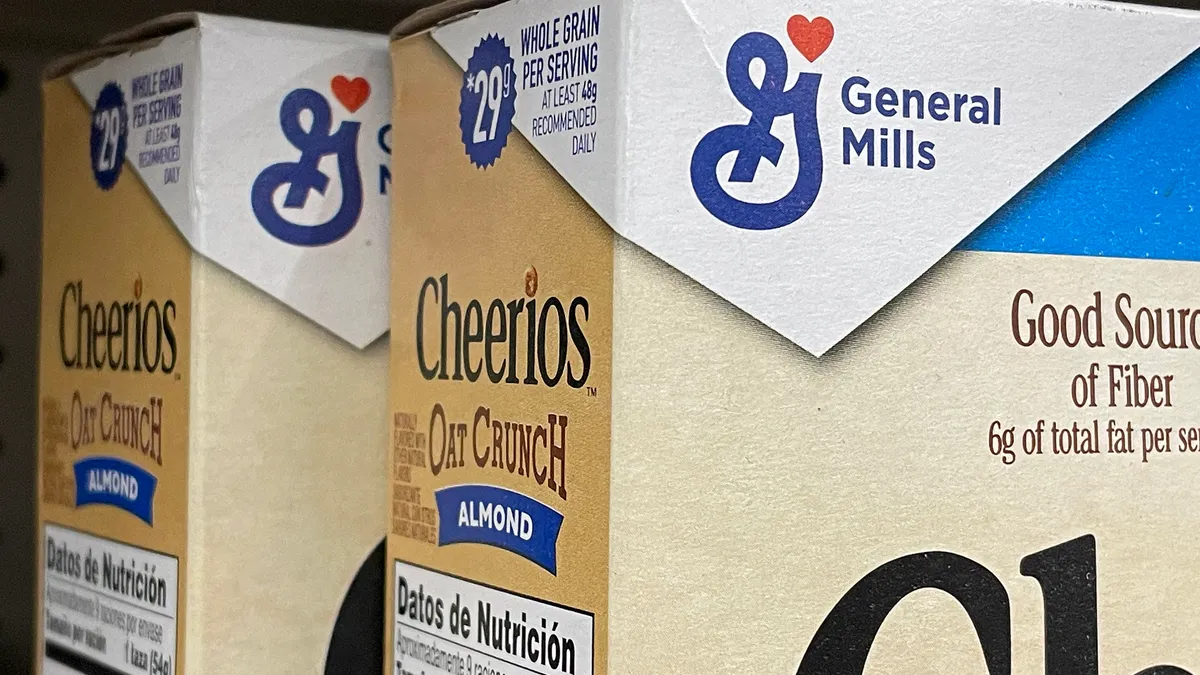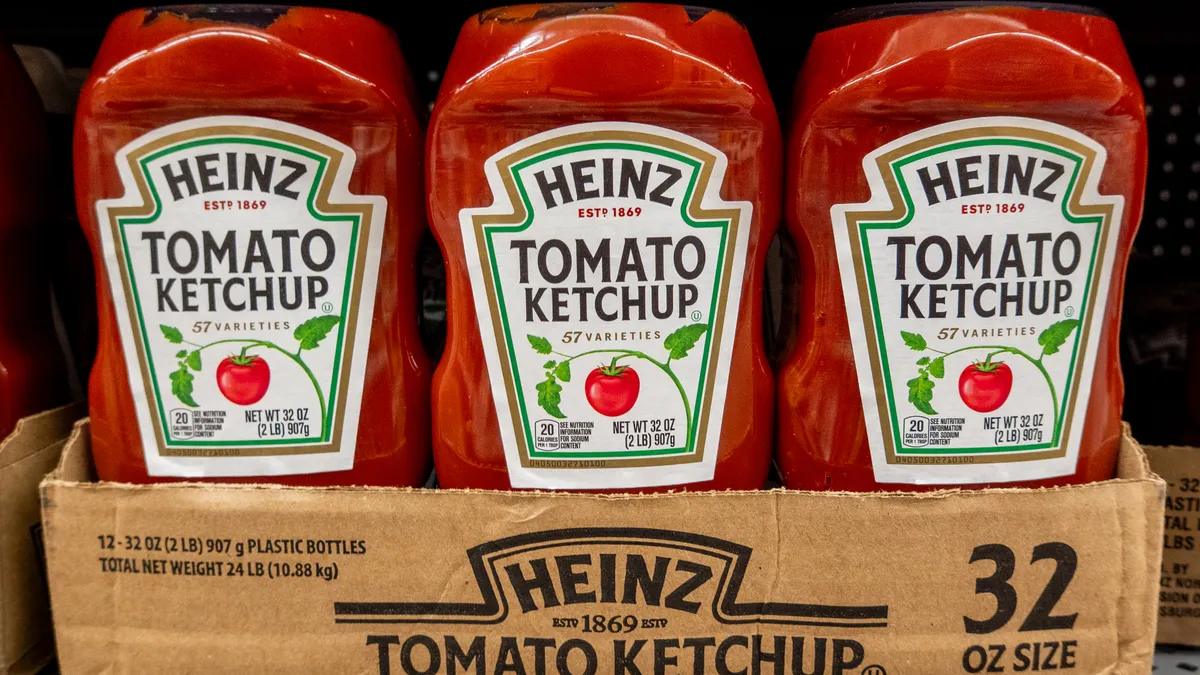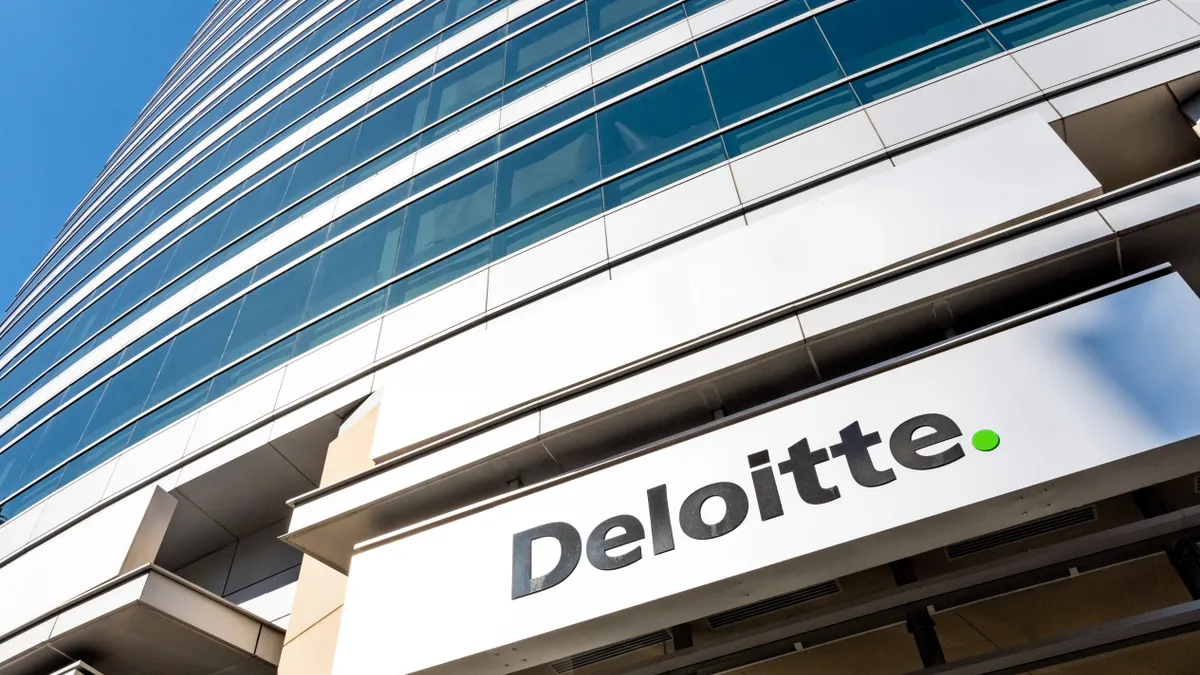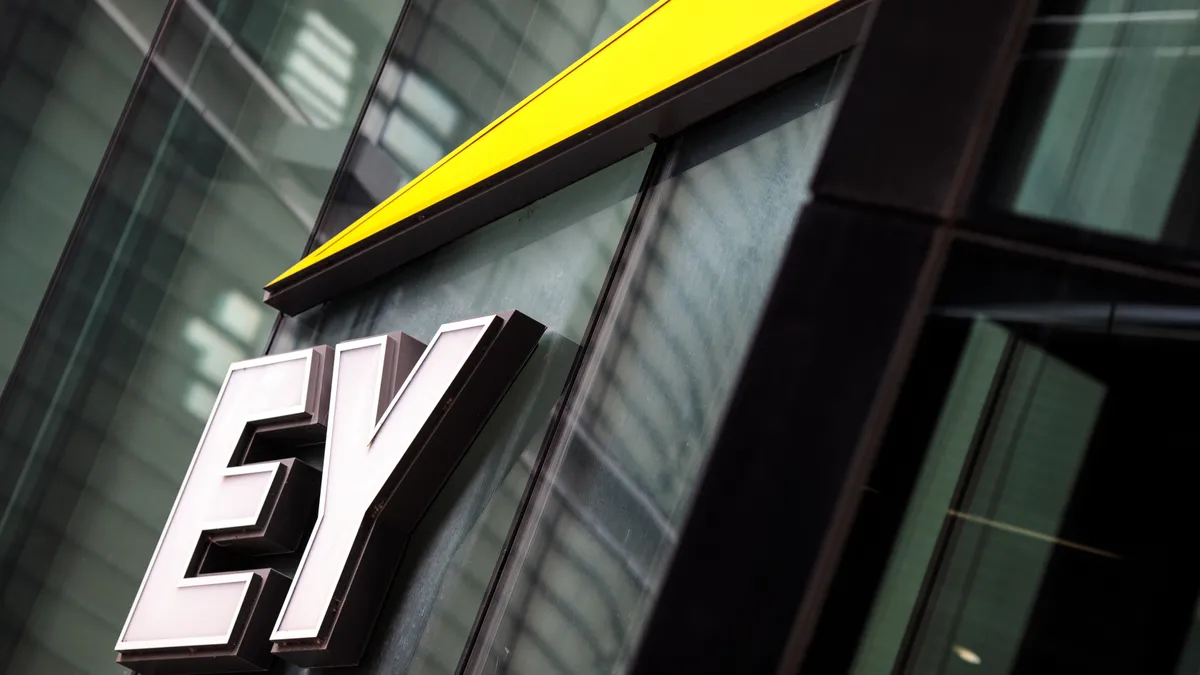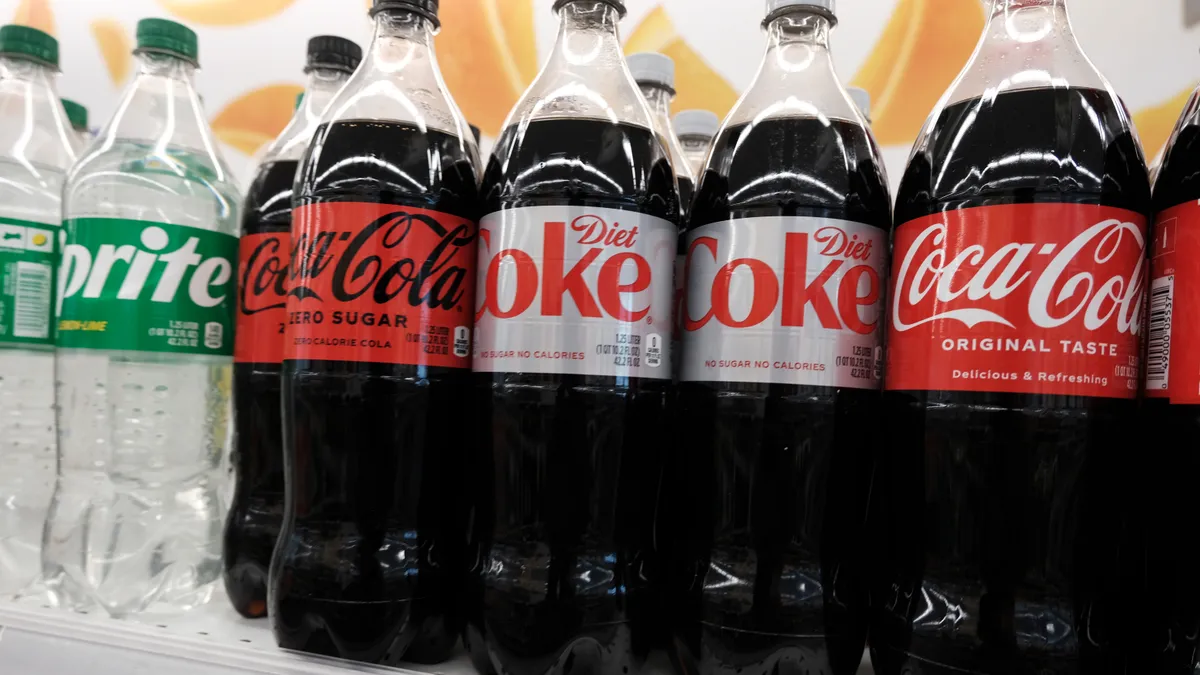Dive Brief:
- General Mills introduced a private generative AI tool to employees in its U.S., Canada, U.K. and India non-plant locations this month, the company told CIO Dive.
- MillsChat was built using Google’s PaLM 2 model and has similar capabilities to ChatGPT as a text-based assistant. The tool provides a secure environment for employees to get assistance with writing, summarizing and brainstorming.
- “The work we’ve done to modernize our technology foundation is enabling us to unlock advanced capabilities, including generative AI like MillsChat, and to make smarter, and faster, decisions across our business,” Jaime Montemayor, chief digital and technology officer at General Mills, said in an email.
Dive Insight:
General Mills believes AI will continue to shape how employees work and interact with customers, Chairman and CEO Jeff Harmening said during a Tuesday conference.
Since 2018, the company has increased its data science headcount fortyfold, Harmening said. Teams now run and maintain more than 6 million models that generate more than 500 million individual predictions monthly.
The company’s technology investments also target supply chain efficiencies and end-user experiences.
“At General Mills, we are continuing to build best-in-class digital and technology capabilities — embracing tech innovations and tying everything we do back to improving business outcomes,” Montemayor said.
Food brands have experienced a challenging consumer landscape as shoppers feel the weight of inflation. General Mills’ net sales decreased 2% in Q2 2024 to $5.1 billion, the company said in its December earnings report.
Despite some headwinds, other notable food brands and companies in the consumer space have pushed AI up the priority list as well. Kraft Heinz is building an internal generative AI tool for its employees using Microsoft Azure OpenAI and internal data in the development process, the company told CIO Dive in January.
Coca-Cola joined a growing list of generative AI early adopters with its marketing experiments and use of ChatGPT Enterprise. Consumer packaged goods company Procter & Gamble rolled out an internal generative AI tool built using OpenAI’s API in September.



